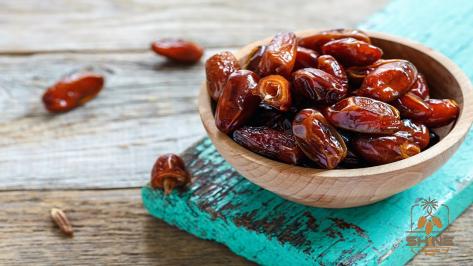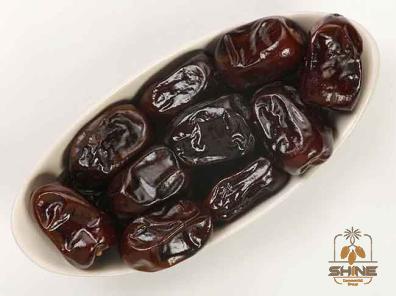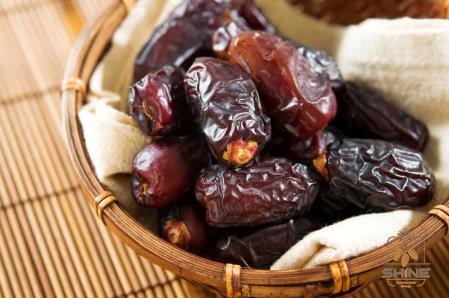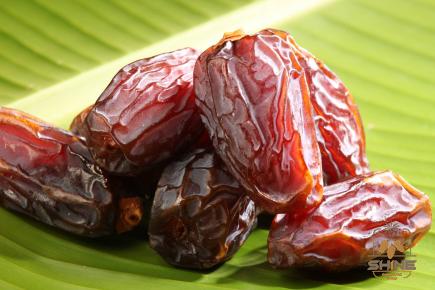Non-dried dates are a hidden gem of nature, offering an exquisite taste and a multitude of health benefits. These succulent, juicy fruits are being recognized for their versatility in culinary applications, making them essential ingredients in various dishes and desserts around the world. In this comprehensive guide, we will delve into the captivating world of non-dried dates, exploring their origins, nutritional profile, culinary uses, and potential health benefits. Get ready to uncover a treasure trove of flavors and discover why non-dried dates should be on every food lover’s radar.
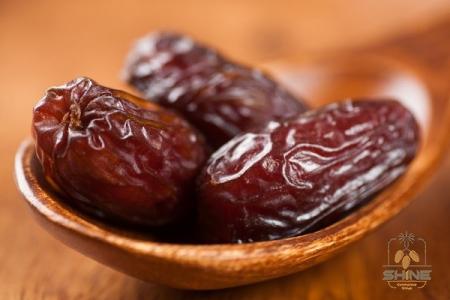
.
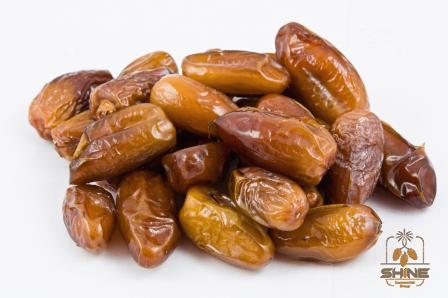 I. A Brief History and Origins of Non-Dried Dates Dating back thousands of years, non-dried dates have been a staple in Middle Eastern and North African cuisines, adored for their natural sweetness and rich nutritional content. They are the fruits of the date palm tree, scientifically known as Phoenix dactylifera, which thrives in arid and tropical regions. Cultivated in countries like Iran, Saudi Arabia, Egypt, and Morocco, these delicious fruits have n ot only been a significant part of ancient civilizations but have also made their way into the heart of modern-day gastronomy.
I. A Brief History and Origins of Non-Dried Dates Dating back thousands of years, non-dried dates have been a staple in Middle Eastern and North African cuisines, adored for their natural sweetness and rich nutritional content. They are the fruits of the date palm tree, scientifically known as Phoenix dactylifera, which thrives in arid and tropical regions. Cultivated in countries like Iran, Saudi Arabia, Egypt, and Morocco, these delicious fruits have n ot only been a significant part of ancient civilizations but have also made their way into the heart of modern-day gastronomy.
..
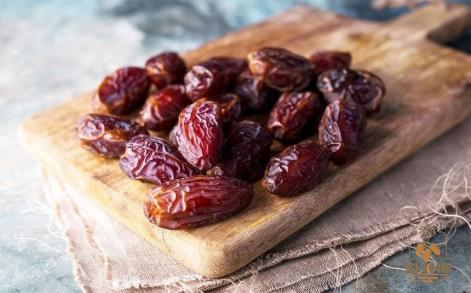 II. Nutritional Profile and Health Benefits of Non-Dried Dates Non-dried dates are a powerhouse of nutrients, packed with vitamins, minerals, and fiber. Rich in natural sugars, they offer a healthier alternative to refined sugars, making them a valuable ingredient for those looking to satisfy their sweet tooth while maintaining a balanced diet. Here are some key nutrients found in non-dried dates: 1. Fiber: Non-dried dates are an excellent source of dietary fiber, which aids in digestion, reduces the risk of heart disease, and helps regulate blood sugar levels. 2. Potassium: These luscious fruits are rich in potassium, an essential mineral that supports heart health, regulates blood pressure, and aids in neurological functions.
II. Nutritional Profile and Health Benefits of Non-Dried Dates Non-dried dates are a powerhouse of nutrients, packed with vitamins, minerals, and fiber. Rich in natural sugars, they offer a healthier alternative to refined sugars, making them a valuable ingredient for those looking to satisfy their sweet tooth while maintaining a balanced diet. Here are some key nutrients found in non-dried dates: 1. Fiber: Non-dried dates are an excellent source of dietary fiber, which aids in digestion, reduces the risk of heart disease, and helps regulate blood sugar levels. 2. Potassium: These luscious fruits are rich in potassium, an essential mineral that supports heart health, regulates blood pressure, and aids in neurological functions.
…
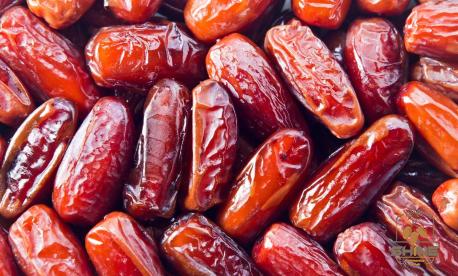 3. Iron: Non-dried dates provide a good amount of iron, which is vital for maintaining healthy blood cells and preventing anemia. 4. Antioxidants: With their high levels of antioxidants, non-dried dates help protect the body from oxidative stress and reduce the risk of chronic diseases such as cancer and cardiovascular disorders. 5. Natural source of energy: Non-dried dates are an excellent source of natural, unprocessed carbohydrates, providing a quick energy boost without the crashes associated with refined sugars. III. Culinary Uses of Non-Dried Dates Non-dried dates are incredibly versatile, lending themselves to both sweet and savory dishes. Their soft texture, caramel-like taste, and natural sweetness make them an ideal ingredient in various recipes. Here are some popular culinary uses for non-dried dates: 1. Baking: Non-dried dates are frequently used in baking as a natural sweetener and to add moisture and depth of flavor to cakes, cookies, and bread. 2. Smoothies and shakes: Blending non-dried dates into smoothies and shakes adds natural sweetness and creaminess, enhancing the overall flavor profile.
3. Iron: Non-dried dates provide a good amount of iron, which is vital for maintaining healthy blood cells and preventing anemia. 4. Antioxidants: With their high levels of antioxidants, non-dried dates help protect the body from oxidative stress and reduce the risk of chronic diseases such as cancer and cardiovascular disorders. 5. Natural source of energy: Non-dried dates are an excellent source of natural, unprocessed carbohydrates, providing a quick energy boost without the crashes associated with refined sugars. III. Culinary Uses of Non-Dried Dates Non-dried dates are incredibly versatile, lending themselves to both sweet and savory dishes. Their soft texture, caramel-like taste, and natural sweetness make them an ideal ingredient in various recipes. Here are some popular culinary uses for non-dried dates: 1. Baking: Non-dried dates are frequently used in baking as a natural sweetener and to add moisture and depth of flavor to cakes, cookies, and bread. 2. Smoothies and shakes: Blending non-dried dates into smoothies and shakes adds natural sweetness and creaminess, enhancing the overall flavor profile.
